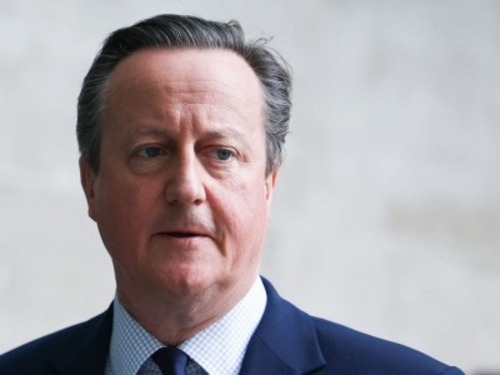#PhoneHackingScandal

#PhoneHackingScandal

The News of the World phone hacking scandal was a major media and political controversy in the United Kingdom that came to light in the early 2000s and peaked in 2011. Journalists and private investigators working for the British tabloid were found to have illegally accessed the voicemails of celebrities, politicians, members of the royal family, and even victims of crime, most notably murdered schoolgirl Milly Dowler. The revelation that the tabloid had deleted voicemails from Dowler’s phone sparked public outrage and led to the closure of the 168-year-old newspaper in July 2011. The scandal prompted multiple police investigations, high-profile arrests, and the Leveson Inquiry—a public investigation into press ethics and regulation. It exposed deep ethical failures within parts of the British press and raised serious concerns about media power and accountability.
MET POLICE ACCUSED OF PHONE-HACKING INQUIRY FAILURES: MPs Slam Police and News International in Damning Report
- Wednesday, 20 July 2011

The Metropolitan Police have been accused of a "catalogue of failures" in the News of the World phone-hacking inquiry, with MPs criticizing the police's lack of resources and unprofessional conduct. The report also blames News International for obstructing investigations. Prime Minister David Cameron announced that a figure from outside the Met would oversee the police investigation into hacking. The report criticizes former Assistant Commissioner Andy Hayman and the head of public affairs Dick Fedorcio, who hired an ex-News of the World executive who was later arrested on phone-hacking allegations.




















